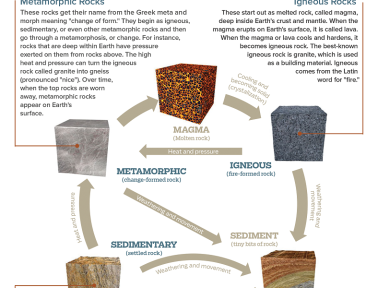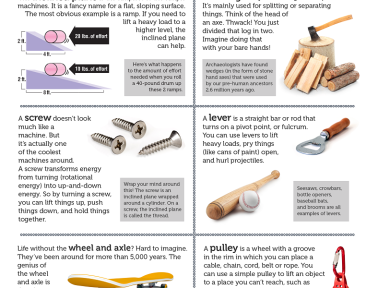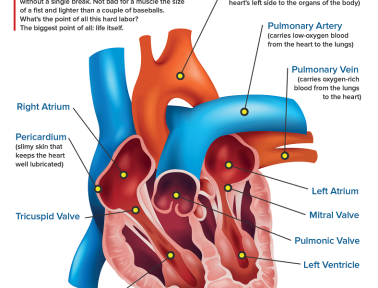As I was reading phase 5 of Mind in the Making: The Seven Crucial Life Abilities Every Youngster Needs, I started to make a new connection. As Skill 3 resolved interaction as the structure for real language and also proficiency development, and also Ability 4 focused on making links as the significance of mathematics feeling, doing the same, Skill 5 showed important thinking as the origin of real scientific understanding. I have truly enjoyed seeing how these bigger important skills have woven in the “academic” abilities, not disregarding their significance, yet highlighting them with the appropriate point of view within a bigger framework of true expertise and understanding. Right here are a few of my favored takeaways from this chapter:
Structure Problem-Solvers
Trouble solving is a vital ability. There are a lot of chances around for method. Whether it’s social problem resolving, individual goal-setting, or a search for clinical responses, systematic problem-solving can be found in helpful. The method is, it’s so darn simple for us as adults to address problems for youngsters, rather than with them. This practice is crucial, not just for helping youngsters become aware of the procedure, but for the critical thinking and evaluating skills it uses.
Kids– Also Infants– Take Notice Of Purpose
I believe my favorite research study I’ve reviewed in this book so far, was this phase’s description of the infants revealing a recognition of intention and also even making an ethical reasoning on pages 212 to 214. The truth that their observations as well as analyses would certainly be so sharp at such a young age was astonishing to me! As long as it related to the creating capability to assume seriously, it also reminded me that we can not take for granted what our children observe, neither can we pay for to take lightly our interactions with them. The words we claim to them and also around them, in addition to the actions we take, are building a narrative concerning ourselves, our relationships, and also our world.
The Equilibrium of Exploration Understanding and Direct Guideline
I have truly delighted in just how much these chapters have actually supported a play-based philosophy, showing in each chapter exactly how these skills are constructed with play. In this chapter, I especially suched as the discussion regarding exactly how to properly stabilize discovery knowing and straight direction. The focus on scaffolding understanding by asking inquiries, giving “just-in-time details”, as well as explaining key ideas, while children are participating in play-based or discovery discovering is key. Play is profoundly powerful as a tool, but we as moms and dads and instructors can make it exponentially moreso by observing as well as supplying appropriate guidance or discussion when essential.
In talking about the need for thorough, hands-on assisted discovery and experience with the scientific technique over the collection of scientific realities, I loved these quotes:
” They are living the scientific approach in their own pursuit of understanding– living the knowing– rather than experiencing understanding as the procurement of valid details.”
” A lot of school discovering resembles gathering the items of the problem and maintaining them in a box.” However …”
You can have all 1000 items but if you don’t take the time to fit them with each other you will certainly never see the picture.”
Talking about Intentions
I can associate with Ellen Galinsky’s conversations with her children about reviewing marketing as well as dissecting their true purposes. More than when, I have actually had to clarify to my kids that when a person on the TELEVISION states we need to purchase as soon as possible, we truly don’t need to purchase it as soon as possible … or at all.
As I learn more regarding taking important assuming beyond right/wrong and looking much deeper at objectives, I realized it’s not only beneficial to teach kids to have a look at the objectives of those trying to persuade them, yet it likewise advised me of the importance of perspective taking as a social skill. I thought of my very own daddy’s regular lessons that “you do not need to agree, yet you do require to show respect”. Reviewing why a person might have various purposes or perspectives is healthy work to not only assist children much better examine info, but likewise to acknowledge that different viewpoints or motivations do not constantly comprise a right/wrong standard. I would hope reviewing inspiration and also assuming more seriously might assist all of us to be extra proper to disagree without becoming unpleasant.
Encouraging Inquisitiveness
Over and over, I felt this phase motivated me to do even more to encourage interest in my children. It seems almost comical that we need to “urge” something that comes so naturally, specifically to my 5 year-old who is regularly asking questions, but without motivation in the form of conversations, fact-finding, as well as exploring, those inquiries will certainly slow and then stop. It seems that absence of doubting shows an absence of interest for understanding, which’s something I certainly do not want for my kids. I was reminded of the quote from Po Bronson as well as Ashley Merryman in The Imagination Crisis:
” Preschool children, on average, ask their moms and dads concerning 100 inquiry a day. Why, why, why– in some cases parents just desire it ‘d stop. Unfortunately, it does quit. By middle school they’ve virtually stopped asking. It’s no coincidence that this exact same time is when trainee inspiration as well as interaction drop. They didn’t stop asking questions since they lost interest: it’s the other way around. They lost interest because they stopped asking questions.”
All Moms And Dads Obtain Distressed
I have to state, among my preferred parts of this phase got on the last web page where Ellen discuss feeling overwhelmed by her boy’s “temper flare-ups”. She explains herself as feeling determined and also as though she couldn’t endure another episode. This was a flow that I make certain every moms and dad can associate with. We’ve all had that moment, whether it has to do with mood flare-ups, yawping, brother or sister fights, or power battles. We have actually all been so totally aggravated. It was such a fantastic tip that all moms and dads– even Ellen Galinsky– have those moments. It reaffirmed to me that parenting is not a competition, evaluated on just how little problem you have, instead it is about recognizing dispute, educating with the problems, and using them as tipping stones. I really enjoyed reading Ellen’s description of just how she proactively issue solved with her son.
What were your eliminate for Chapter 5?










